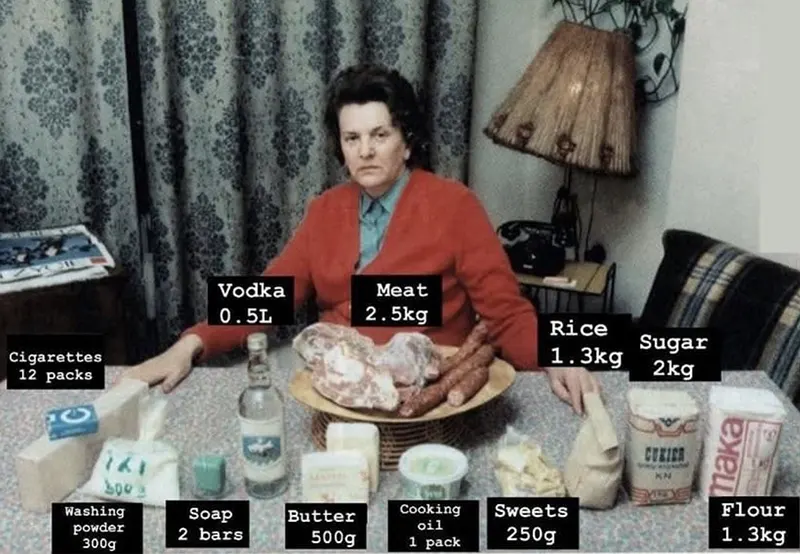this post was submitted on 18 Dec 2024
568 points (99.1% liked)
HistoryPorn
4987 readers
110 users here now
If you would like to become a mod in this community, kindly PM the mod.
Relive the Past in Jaw-Dropping Detail!
HistoryPorn is for photographs (or, if it can be found, film) of the past, recent or distant! Give us a little snapshot of history!
Rules
- Be respectful and inclusive.
- No harassment, hate speech, or trolling.
- Engage in constructive discussions.
- Share relevant content.
- Follow guidelines and moderators' instructions.
- Use appropriate language and tone.
- Report violations.
- Foster a continuous learning environment.
- No genocide or atrocity denialism.
Pictures of old artifacts and museum pieces should go to History Artifacts
Illustrations and paintings should go to History Drawings
Related Communities:
founded 2 years ago
MODERATORS
you are viewing a single comment's thread
view the rest of the comments
view the rest of the comments

Pigouvian taxes are a traditional solution to negative externalities, and they are often better received by the public than rationing.
It's expensive to be poor - the lights turning off a few days before the end of the month will incur even more costs than a higher electricity bill.
Taxes raise money for other programs, instead of costing money to enforce rationing.
Higher taxes in general will also help reduce inflation.
Tax revenue can be spent on stimulus checks to offset the cost for people who use less energy than average.
Rather than stimulus checks we need to be using the money to subsidize alternatives. And we can just switch subsidies. Some examples of that include that by reducing cattle subsides we can subsidize lower emissions meat alternatives or even offer free classes on how to cook meals that happen to be lower emissions, and we can stop funding airports and put that money into rail systems, similarly by removing mandatory minimum parking and reducing road funding that money can be put into transit solutions that enable less car centric lifestyles.